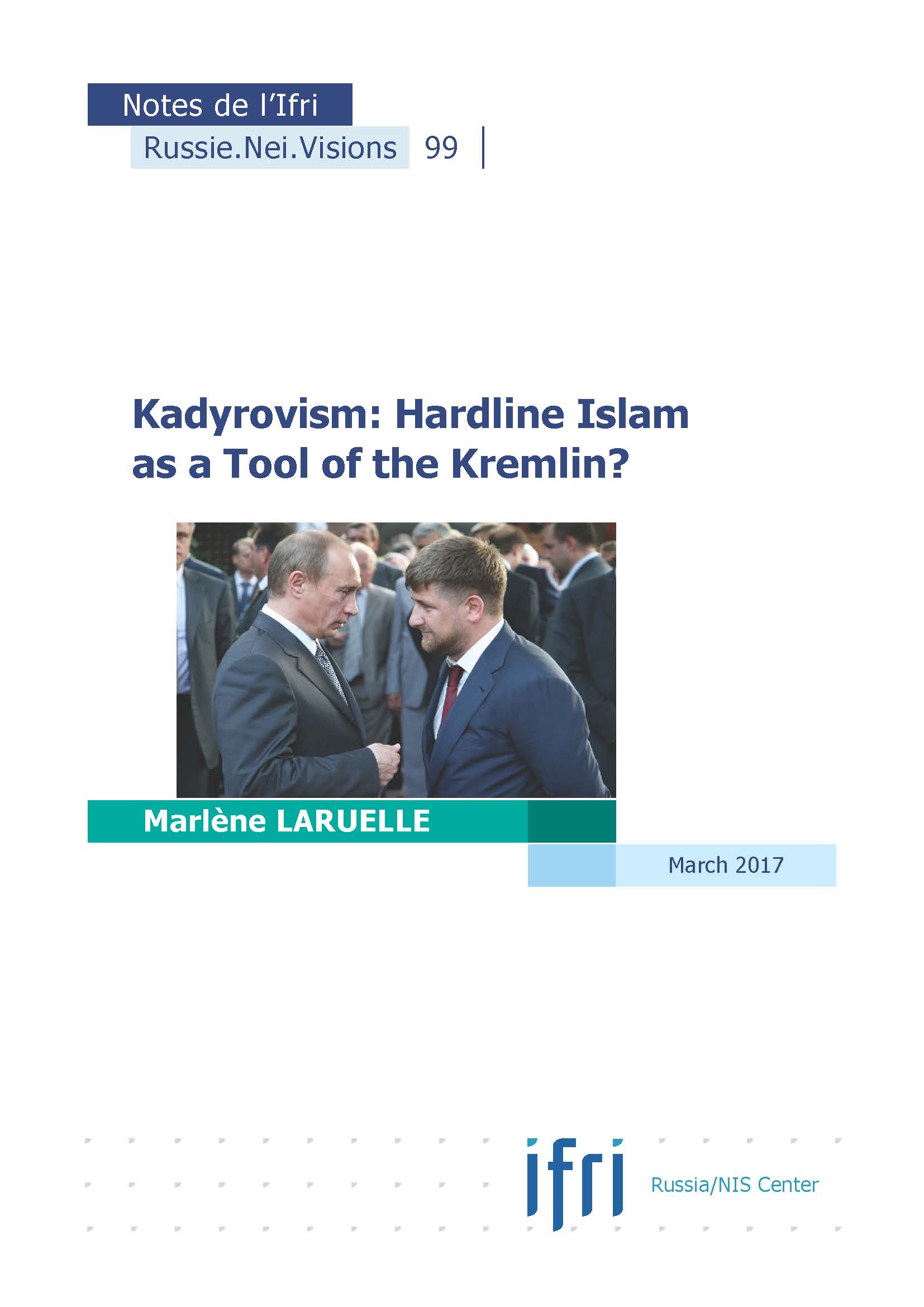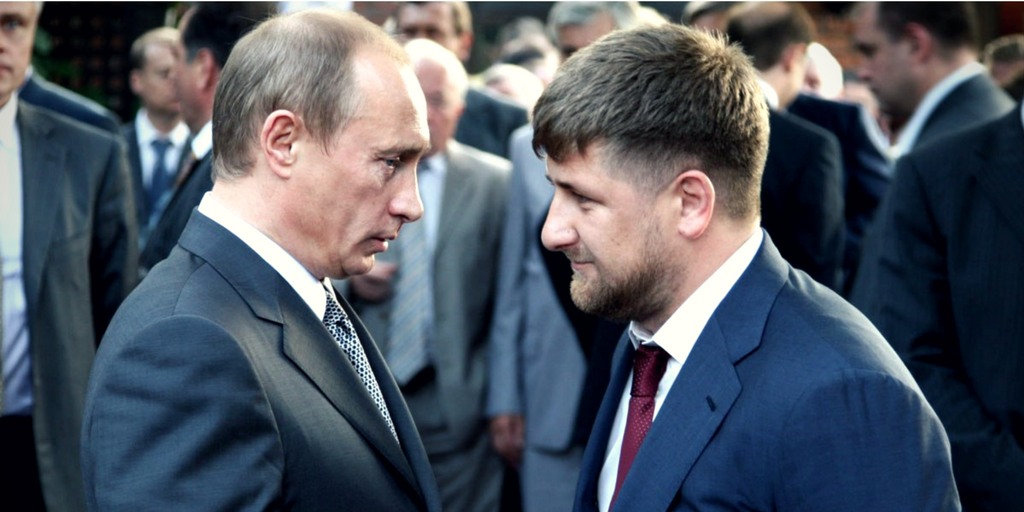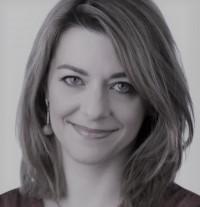Kadyrovism: Hardline Islam as a Tool of the Kremlin?

This paper analyses the phenomenon of “Kadyrovism” as a relatively coherent ideology which possesses its own internal logic and propaganda tools and which reflects the reality of Ramzan Kadyrov’s rule, based on submission to Vladimir Putin while also being marked by provocative acts directed at the paternal figure of the Russian President.

Kadyrovism is defined by two major appropriations: first, of the anticolonial Chechen narrative and its transformation into a Russian patriotic ideology which portrays the Chechens as harbingers of Putin’s successes; second, of a hardline, puritanical, version of Islam inspired by the Gulf States and its inter-breeding with traditional Chechen Islam. Putin’s regime is not a political monolith: many ideological entrepreneurs develop in the “ecosystem” created by the Kremlin, taking advantage of a certain room of manoeuvre whose limits are never clearly defined. Ramzan Kadyrov is one of these entrepreneurs. Thus, like all other ideological constructs in Putin’s Russia, Kadyrovism is in flux, casting uncertainty over the future of the regime and its ideology.
Marlène Laruelle is Research Professor at the George Washington University, Washington DC, Director of GW’s Central Asia Program, Associate Director of the Institute for European, Russian and Eurasian Studies (IERES), and co-director of PONARS-Eurasia.
Download the full analysis
This page contains only a summary of our work. If you would like to have access to all the information from our research on the subject, you can download the full version in PDF format.
Kadyrovism: Hardline Islam as a Tool of the Kremlin?
Related centers and programs
Discover our other research centers and programsFind out more
Discover all our analysesThe Caspian Sea as an Emerging Energy Hub : Potentials and Limitations
This report analyzes the prospects of the Caspian Sea region — and its key actors except for Russia and Iran — becoming an important energy hub serving the needs of the European Union (EU).
The European Union's Strategic Test in Georgia
The political crisis brewing in Georgia is of an existential nature for the country. What is at stake is Georgia's future as a democratic and sovereign European nation (EU).
Commanders of Putin's Long War: Purged, Reshuffled and Disgruntled
The trend of reshuffling the Russian top military command in the course of a fast-evolving and far from successful war has progressed unevenly both across the Armed Forces’ structures and in time. The rationale for and timing of the abrupt cadre decisions made by Commander-in-Chief Putin often defy logical explanation, and the rare official clarifications are no more informative than the usual information blackout.
Russian Military Manpower After Two and a Half Years of War in Ukraine
In addition to a military victory in Ukraine, the Russian leadership is planning to build up sizable troop formations for a possible conflict with NATO in the Baltic region and the Kola Peninsula. In particular, current plans aim for the military manpower to grow by about 350,000, reaching a total of 1.5 million soldiers and commanders. In the context of the current conflict in Ukraine, this cannot be accomplished without a new wave of mass mobilization.











